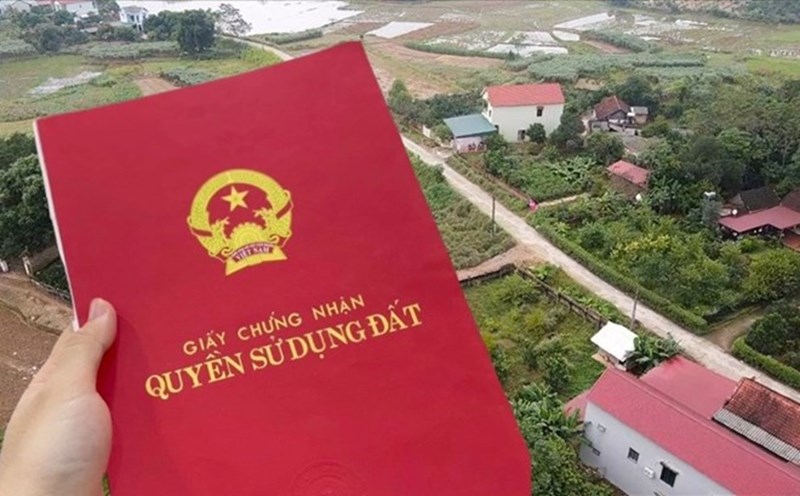From July 1, 2025, the two-level local government model will officially come into operation nationwide, posing urgent requirements in clearly defining the authority and responsibility of each level of government, especially in the field of land management - a field directly related to the rights of people and businesses.
Ms. Doan Thi Thanh My, Deputy Director of the Department of Land Management (Ministry of Agriculture and Environment) said that in the past time, the Department has proactively reviewed the entire system of legal documents related to land, thereby advising the Ministry to issue and submit to the Government for approval documents regulating decentralization and delegation of power in accordance with the two-level local government model.
Along with that, the Ministry of Agriculture and Environment has proactively issued a "Handbook guiding state management in the land sector when implementing two-level local government".
This is a highly practical document, serving as a professional handbook for localities to clearly understand the process, authority, and responsibility when implementing land procedures in the context of the new government organization model.

The Handbook has fully systematized the authority and tasks of the People's Council, People's Committee and specialized agencies at the provincial and commune levels according to the 2024 Land Law and decrees guiding its implementation. According to the Handbook, the People's Committee at the provincial level has up to 50 tasks, the Chairman of the People's Committee at the provincial level has 37 separate tasks. Similarly, the commune level is also clearly assigned: The People's Committee of the commune has 45 tasks, the Chairman of the People's Committee of the commune has 44 tasks related to the land sector.
Clarifying the role of each level and location is a key factor to ensure that land management work is carried out effectively and synchronously nationwide.
In addition, it also stipulates in detail the order and administrative procedures such as: land use planning, land recovery, compensation, resettlement, land allocation, land lease, issuance of red books, provision of land data, dispute resolution, etc.
Not only stopping at decentralization, the Handbook also aims to improve the quality of service for the people. Specifically, the time for processing the first land registration was shortened to a maximum of 17 working days; the time for granting the certificate was not more than 20 days. In difficult areas such as mountainous areas and islands, the maximum deadline must not exceed 30 days.

In addition, the Ministry of Agriculture and Rural Development has issued Circular 23/2025/TT-BNNMT and Decision 2304/QD-BNNMT to announce new administrative procedures, and at the same time requested localities to standardize databases and train professional staff to effectively meet task requirements.
The efforts of the Ministry of Agriculture and Environment in preparing carefully and issuing detailed guidance documents will contribute significantly to the successful implementation of the two-level local government model, ensuring the legitimate rights of people and businesses, while improving the effectiveness of state management of land in the new period.










